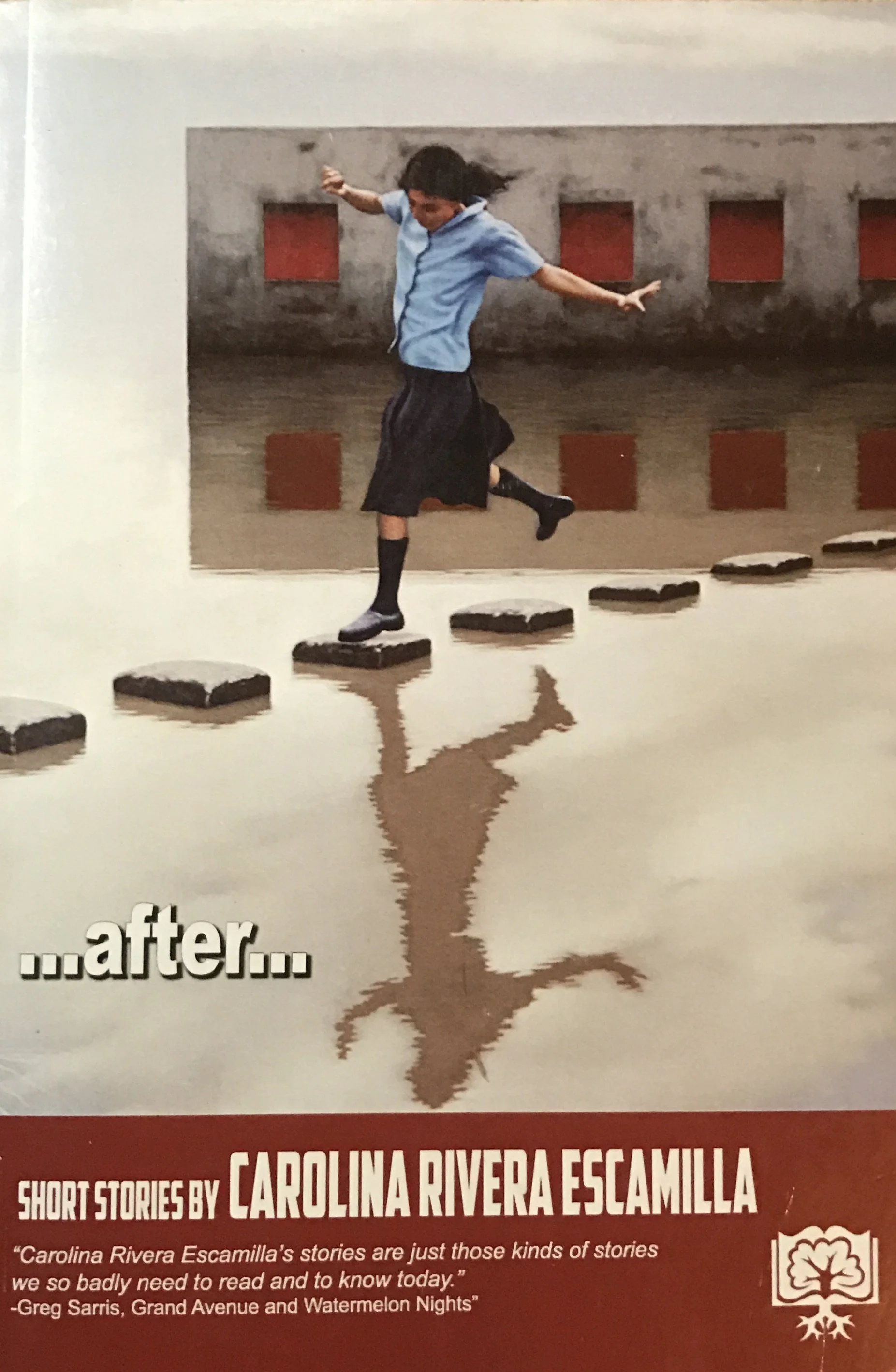Emmanuelle LeTexier
My work, whether as theater performance, writing, or documentary film, explores the micro- and macro-psycho-political repression in which I grew up.
It is natural for me to channel my relationships through stories, images, and dance movements. As a teenager caught up in the throes of a civil war, I went into exile. Of course, conflicts filter through my art. Living memory affects my everyday life. As an artist, I explore consciously how the insistence of memory impinges on adult life. I examine the burden of memory in writing, theater, video, and film. I am interested in collaborating with other artists to explore how memory relates to war, exile, and immigration.
In my writing, my characters, particularly women characters, are confronted with exile, displacement and melancholy, within all definitions of these themes. Although exile is most often understood as the abandonment of one's native country, nostalgic memory of the country of origin often adds another dimension to economic exile, social class alienation, political oppression and even displacement within one's own world.
Artist Statement
September 2022
How does one keep compassion alive while suffering the loss of love and close friendship? How does a witness to atrocious human rights violations search for meaning in an unstable world? Carolina Rivera Escamilla’s collection of short stories, entitled …after… chronicles a girl’s coming of age in turbulent times. She confronts repression, poverty, civil war, dashed parental hopes for disappearing and disappeared children, and the death squad murders of friends and family in 1980s El Salvador. As everything breaks apart, she and her people reach for shreds of certainty and hope in a future for everyone.
In …after…. Rivera composts memory. Her book lays it on, breaks it down, stirs it up, and mixes it with bravado and brilliance. Rivera’s language is plastic, visual and malleable. It inspires and shapes images. It adapts itself well to the subtleties of the Salvadoran world of the eighties. She carries them into a world of intimacy, the better to draw us into the emotions contained beneath her words. It is beautiful to discover her and to get to know her through her work.
…after…
Manlio Argueta,
Poets and Volcanoes
Through the voice of writer and survivor Manlio Argueta, El Salvador’s turbulent historical era is revealed, an unimaginable period when many artists and writers suffered imprisonment, persecution, and exile.
“As a Salvadoran woman, I choose to bring to life-on-film this writer whose unique flavor represents what it is to be a writer in a country historically known primarily for its civil war and its complicated years in the 1980s. Lastly, as a person of culture, I am alarmed at the lack of interest in our literature and in our literary giants in communities-in-exile as well as in El Salvador.” —Carolina Rivera, director


